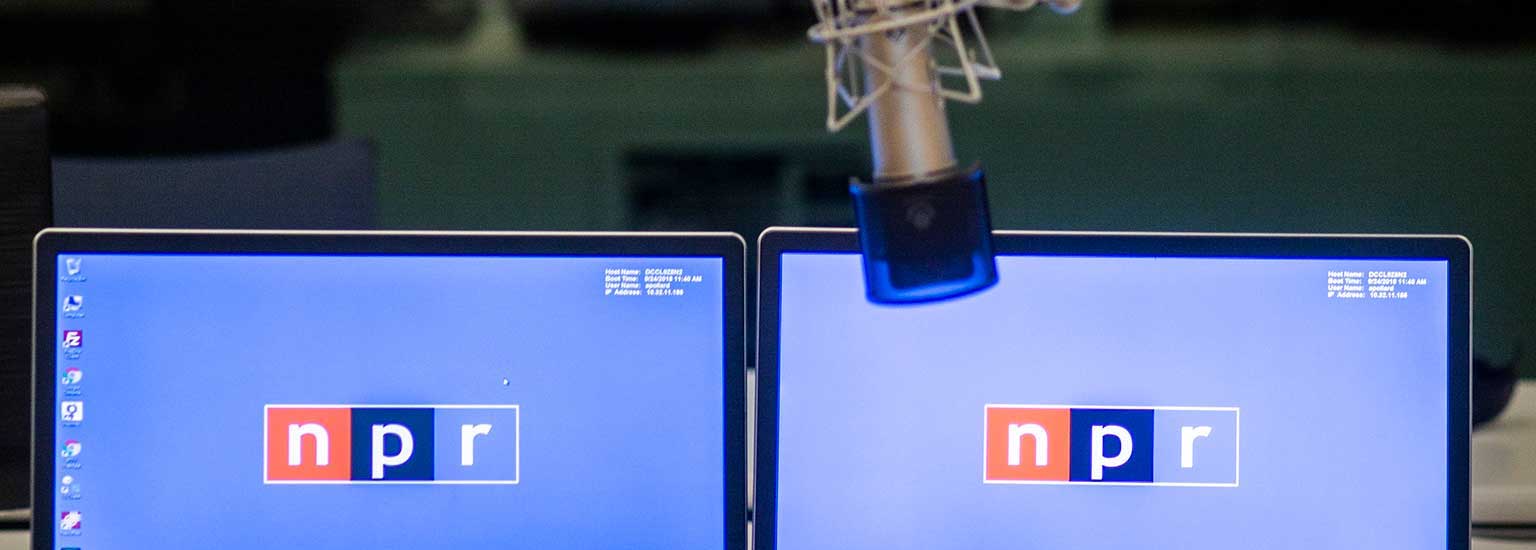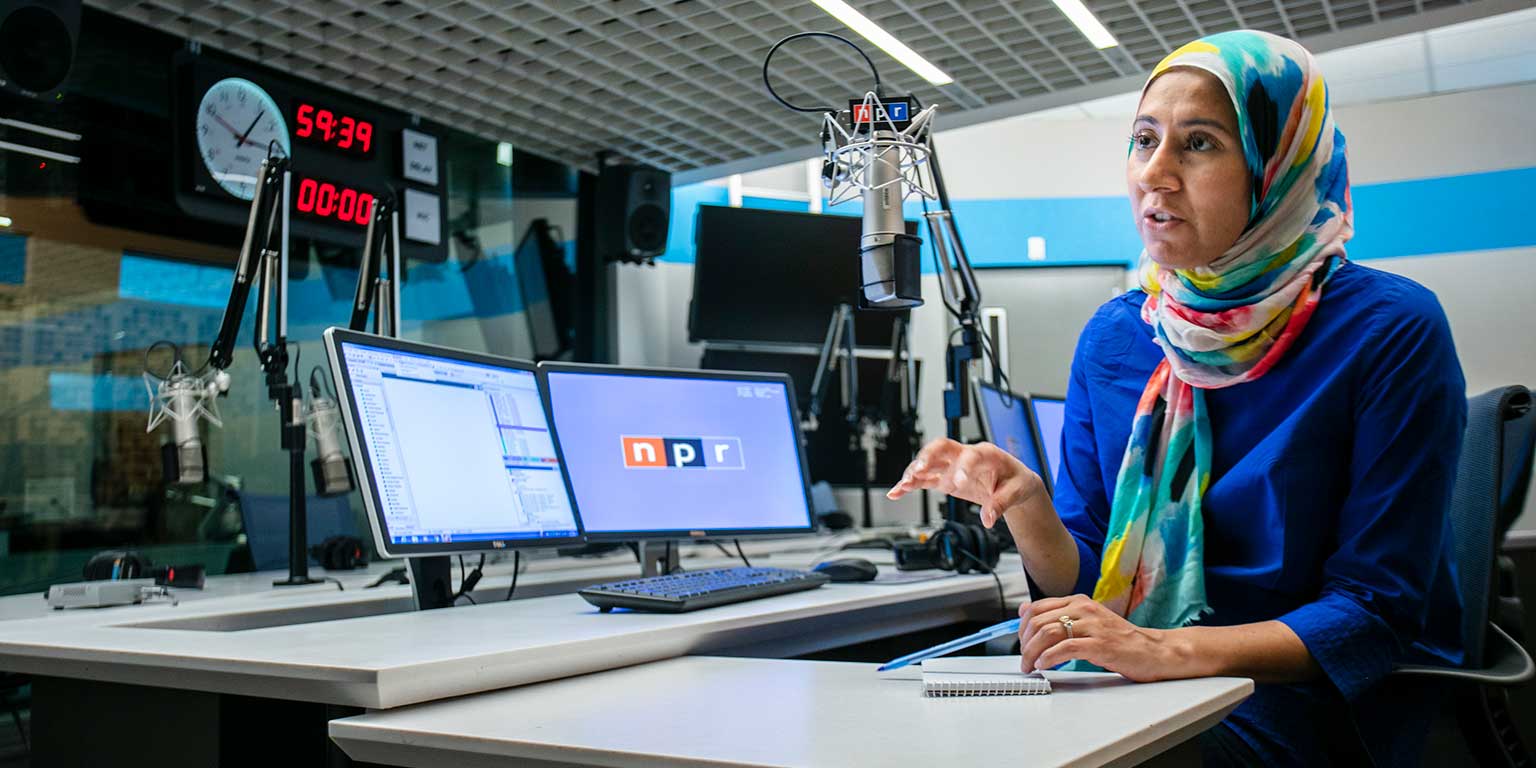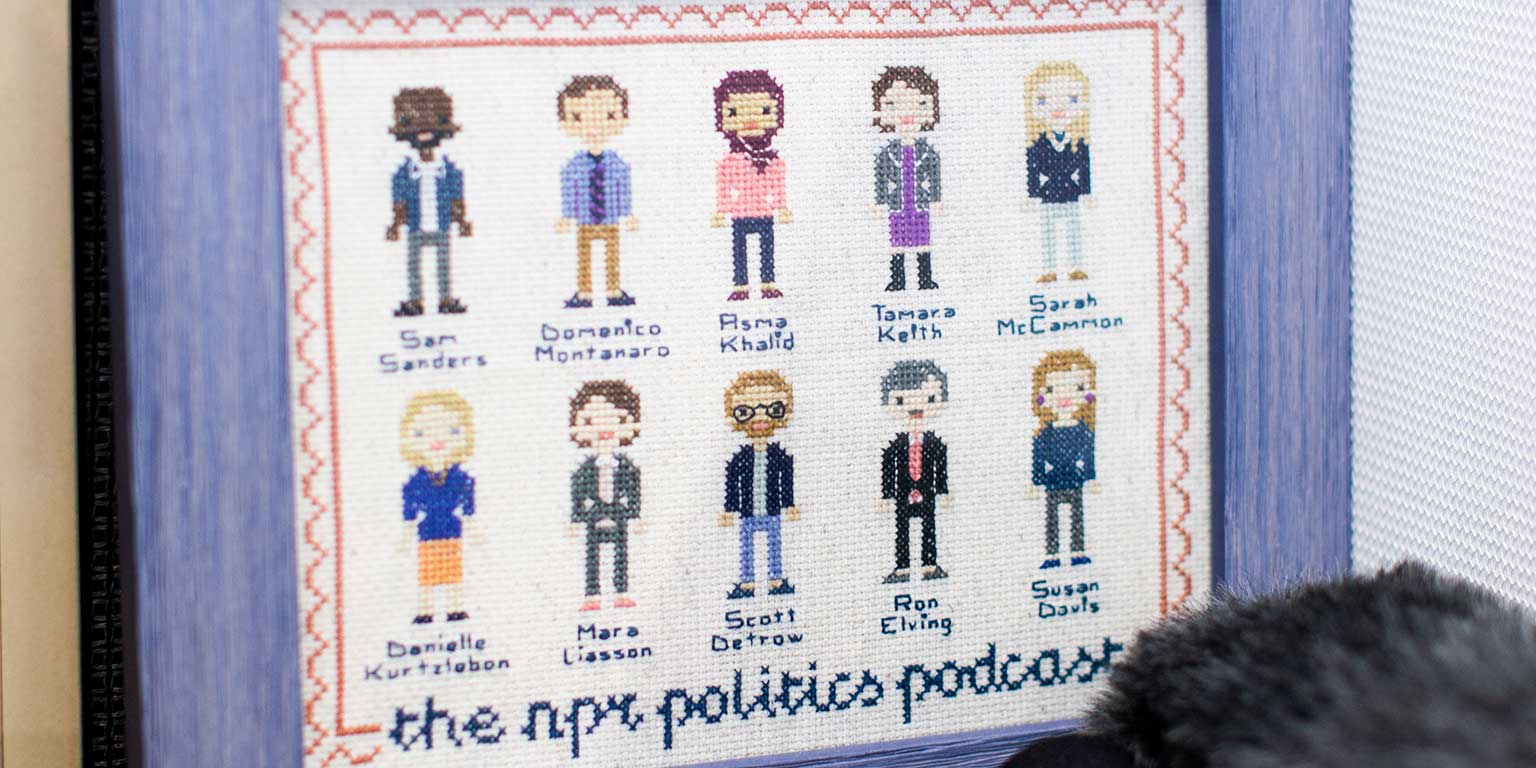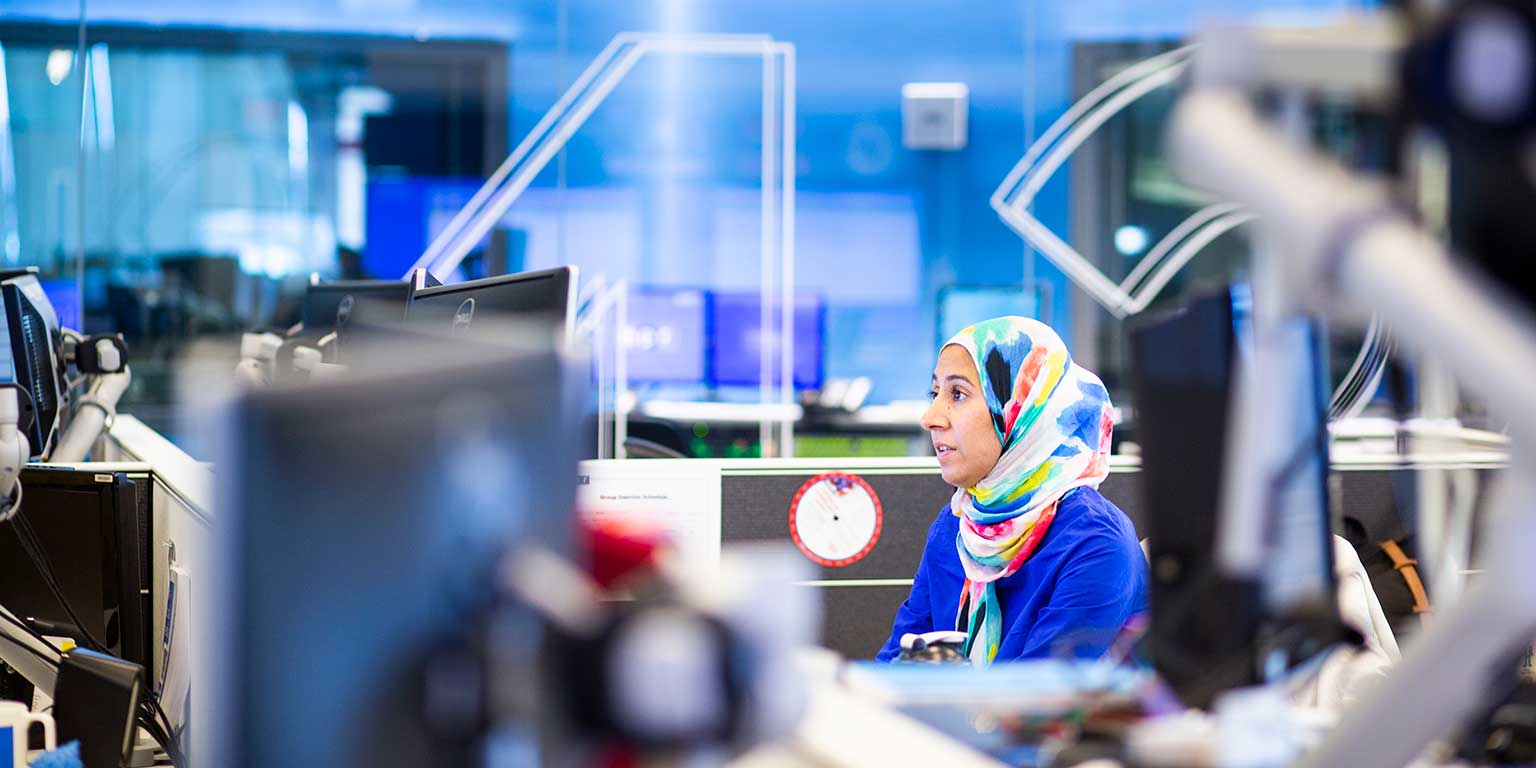By Chad B. Anderson | Fall 2018
Photography by Ryan Donnell
Asma Khalid (B.A. ’06, Journalism, Political Science) and I sit in an empty cafeteria at National Public Radio (NPR) headquarters in Washington, D.C. Our voices echo against the high ceiling. When she was a child in northern Indiana, Asma tells me, she read a biography of Nellie Bly, a journalist who, in the 1880s, went undercover to a mental health institution to reveal its inhumane conditions and later set a record for circling the Earth in 72 days, inspired by Jules Vernes’ Around the World in Eighty Days.
“I fell in love with her story and resolved that that is what I wanted to do,” Asma says. “I was fascinated with the power of journalism to essentially right a wrong and the way that storytelling could create this change in a way that sometimes political institutions can’t.”
Nellie Bly wasn’t Asma’s sole inspiration; she has always loved storytelling. Growing up, she would make up bedtime stories for her younger siblings and cousins.
“Some people read books,” Asma says. “I would craft these elaborate stories and tell them.”
She worked for her high school newspaper, and at IU, she enrolled in the School of Journalism — now part of The Media School — and became involved in the Indiana Daily Student. She didn’t find herself in radio until graduate school, when she studied abroad at Cambridge and interned at the BBC during winter break.
“I'm eternally indebted to what I learned at IU,” Asma says. “One of the things that I think is remarkable about going to a large public institution is that you meet all different kinds of people. And now, I’m a political reporter and I focus on voters and I meet all different kinds of people. And I always tell people that where I grew up is ultimately the best preparation that I ever had to cover the 2016 campaign.”
Asma traverses the United States for NPR speaking to voters about what drives them to or away from the polls. Her interviewees reflect the full political spectrum of the country and its wide cultural, geographical, and racial diversity.
“Much of the story of the 2016 campaign was about the Midwest,” Asma says. “But it was also about race. Where I grew up embodied both of those things and who I am, to some degree.”






